Our vision
To Build on the success of our founders
Continue to deliver literacy, basic education and life-changing programs free of charge to the neediest populations around the world.
Alfalit Historical Timeline
Every teacher a student. Every student a teacher.
Eulalia Cook and Justo and Luisa Gonzalez established Alfalit headquarters in Costa Rica. Using the Laubach method as a basis for teaching, Justo and Luisa Gonzalez wrote Alfalit’s first instructional books that are still used today.
The original books were published through the Florida Methodist Women’s Bishop Branscomb Fund, with the effort spearheaded by Mrs. Vail Weems, President of the Women’s Society at the time.
Alfalit International's History
2015

2015
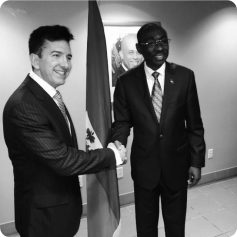
2014
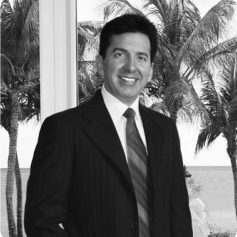
2011
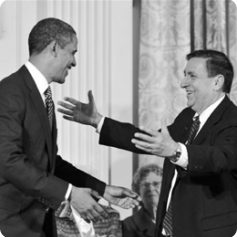
2011
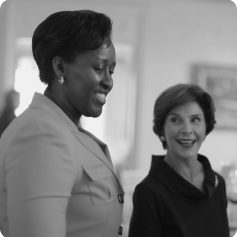
2006
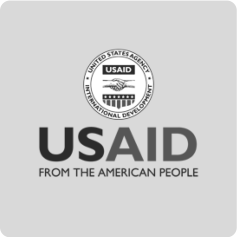
2004
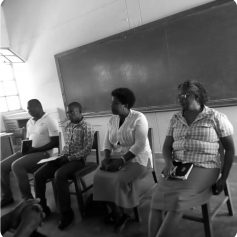
2004
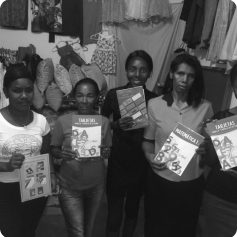
2002

2000
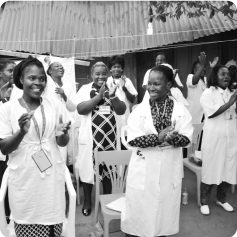
1993
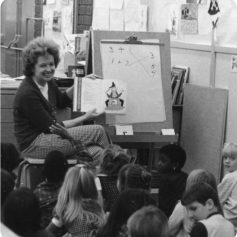
1992
1990
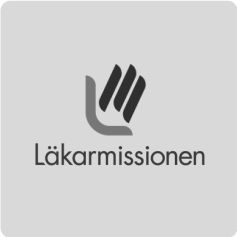
1983
1975
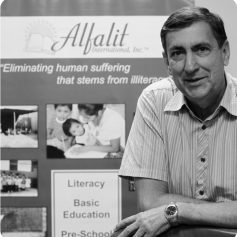
1968
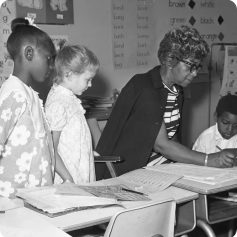
1963 - 1974
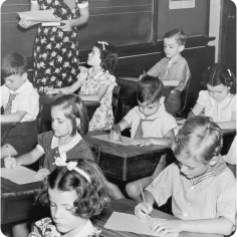
1961
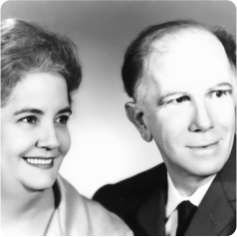
1943
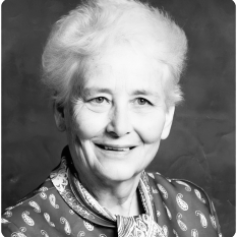
1943
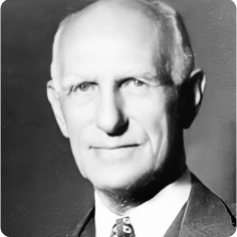
Help end the cycle of poverty
Our Work has global Impact
We do our best to reach and teach as many students as possible, wherever they may live. Some of our classes are held in old shipping containers in Liberia, under a mango tree in Mozambique, and in donated spaces. Where there is thirst for knowledge, Alfalit tries its best to deliver programs. Alfalit has been recognized by USAID as an organization committed to providing programs in the hardest-to-reach areas of post-conflict countries. Every year, we teach more than 120,000 in 17 countries. Alfalit provides its programs FREE OF CHARGE to all its students.
Just $14 a month can help provide basic literacy skills.
Make a
donation now
Make a difference in the lives of children and adults in the United States and beyond. Alfalit’s free literacy and educational programs help enable women to build a better future for themselves and their families.